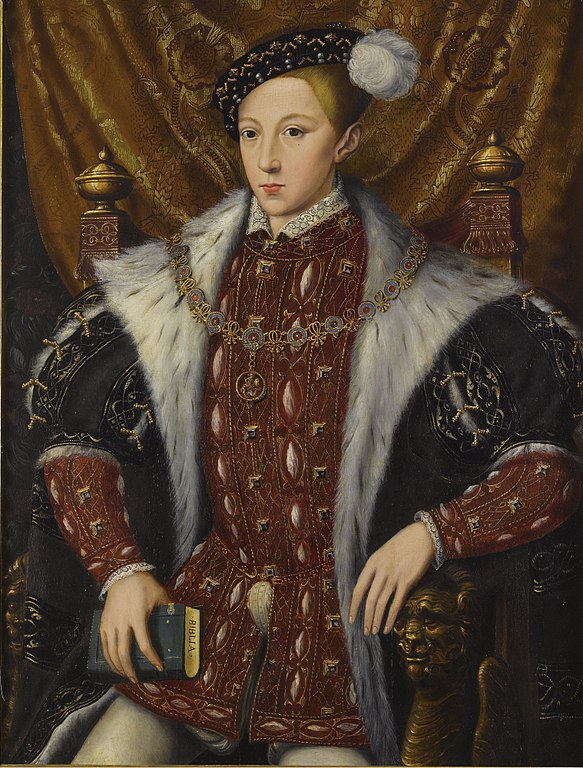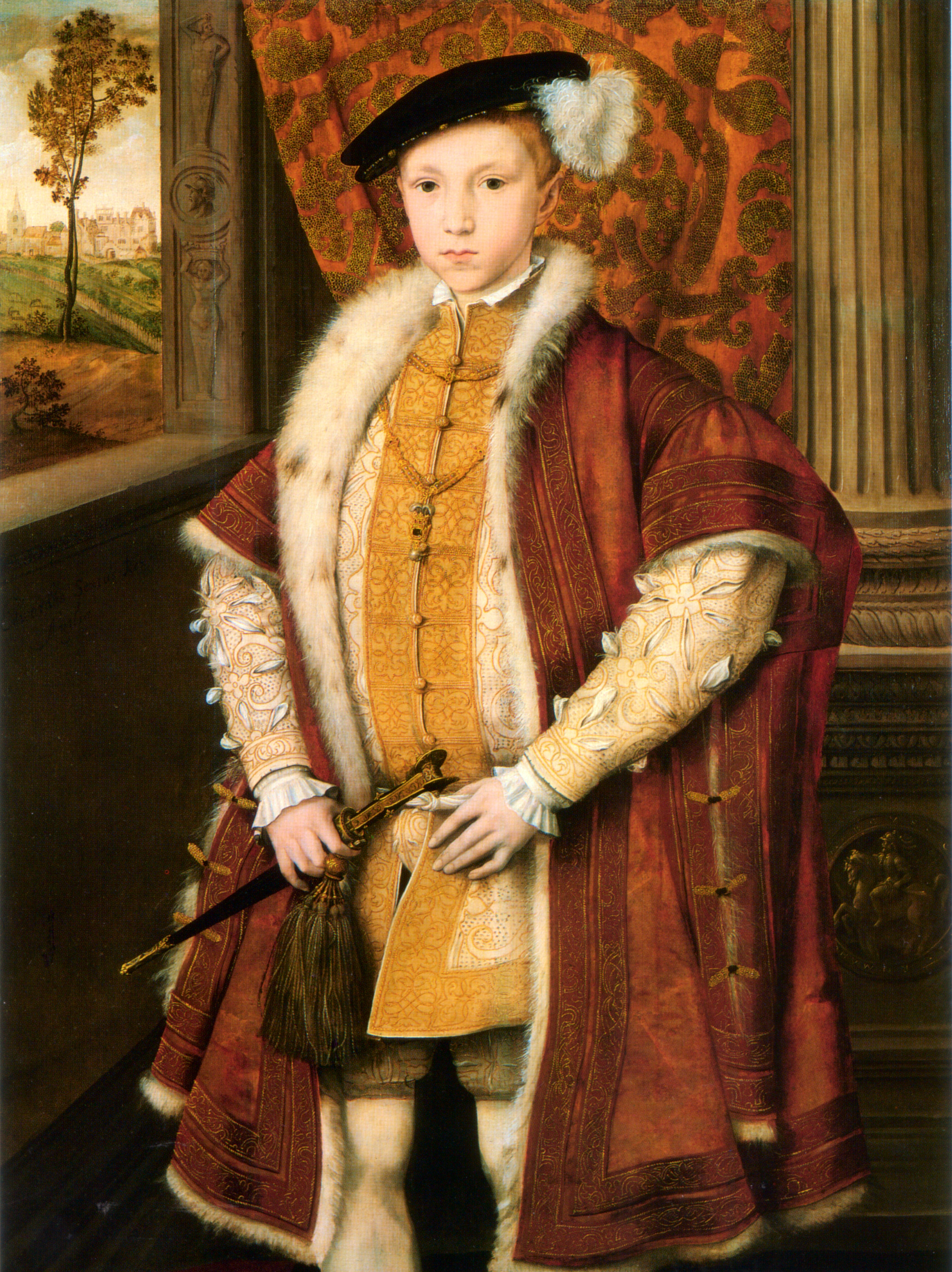King William VI is a name that sparks curiosity and interest among those who follow the British royal family. As the heir apparent to the British throne, his life and reign are subjects of much speculation and admiration. With a lineage steeped in history, the future King William VI carries with him not only the weight of royal expectations but also a promise of modernity in a changing world. In this article, we will delve into the life, background, and potential reign of King William VI, exploring his role within the monarchy and his impact on the United Kingdom and the Commonwealth.
Throughout this exploration, we will examine various aspects of his life, including his early years, education, personal interests, and the responsibilities he is likely to shoulder as the future king. Additionally, we will analyze how his upbringing has shaped his perspectives on issues such as social justice, the environment, and global diplomacy. In doing so, we aim to provide a comprehensive view of a figure poised to lead a nation steeped in tradition while navigating the complexities of modern governance.
As we journey through the life of King William VI, we will highlight key events and milestones that define his character and future role. By the end of this article, readers should have a well-rounded understanding of who King William VI is and what his potential reign may signify for the United Kingdom and beyond.
Table of Contents
- Biography of King William VI
- Early Years and Education
- Personal Life and Interests
- Royal Responsibilities and Duties
- The Concept of a Modern Monarchy
- Impact on Society and the Commonwealth
- Challenges Ahead for King William VI
- Conclusion
Biography of King William VI
King William VI, born William Arthur Philip Louis, is the first-born child of King Charles III and Queen Consort Camilla. He was born on July 21, 1982, at St Mary's Hospital in Paddington, London. As a member of the House of Windsor, his lineage connects him directly to Queen Elizabeth II and the rich royal history of Britain.
| Name | William Arthur Philip Louis |
|---|---|
| Date of Birth | July 21, 1982 |
| Parents | King Charles III and Queen Consort Camilla |
| Current Title | Duke of Cambridge |
Early Years and Education
William VI's early years were marked by a blend of royal duties and a desire for a normal childhood. He attended the prestigious Wetherby School before moving on to the Ludgrove School. His time at these institutions laid the foundation for a well-rounded education that continued at Eton College, where he excelled academically and athletically.
After completing his studies at Eton, William VI pursued higher education at the University of St Andrews in Scotland, where he earned a degree in Geography. His time at university was pivotal in shaping his worldview and developing his interests in environmental issues and social justice. His experiences during this period helped him establish a strong sense of duty towards charitable causes and public service.
Personal Life and Interests
King William VI is known for his strong family values and commitment to fostering close relationships with his loved ones. He married Catherine Middleton in 2011, and the couple has three children: Prince George, Princess Charlotte, and Prince Louis. The family often engages in public events and charitable activities, showcasing their dedication to serving the community.
Hobbies and Interests
- Environmental conservation and sustainability
- Sports, particularly soccer and rugby
- Photography and the arts
- Traveling and experiencing different cultures
Royal Responsibilities and Duties
As the heir apparent, King William VI is already involved in various royal duties, including attending state functions, representing the monarchy at international events, and supporting numerous charities. His commitment to public service is evident in his patronage of organizations focused on mental health, conservation, and children's welfare.
Engagement in Charitable Work
King William VI's philanthropic efforts are noteworthy. He established the "Heads Together" initiative, which aims to reduce the stigma surrounding mental health issues in the UK. His active involvement in such causes has garnered respect and admiration from the public and has positioned him as a modern royal who values the importance of mental health.
The Concept of a Modern Monarchy
King William VI's approach to monarchy reflects a desire to modernize the institution while preserving its traditions. He understands the importance of adapting to the changing societal landscape and is likely to prioritize transparency and accessibility in his reign. This modern perspective is essential in maintaining the monarchy's relevance in today's world.
Communication with the Public
William VI has embraced the use of social media as a means to connect with the public. By sharing insights into his life, family, and charitable endeavors, he fosters a sense of relatability and approachability that resonates with younger generations.
Impact on Society and the Commonwealth
The potential reign of King William VI is expected to bring about significant changes in the monarchy's relationship with the Commonwealth. He is likely to advocate for greater unity among member nations and address pressing global issues such as climate change, social inequality, and public health.
Strengthening Relationships with Commonwealth Nations
William VI's understanding of cultural diversity and commitment to inclusivity will play a crucial role in strengthening ties with Commonwealth countries. His efforts to promote collaboration and understanding among nations will be vital in addressing shared challenges and fostering global cooperation.
Challenges Ahead for King William VI
As King William VI prepares to take on the responsibilities of the monarchy, he will face various challenges that will require strong leadership and adaptability. These challenges include the evolving role of the monarchy, public scrutiny, and the need to maintain relevance in a rapidly changing world.
Adapting to a New Era
One of the significant challenges for William VI will be navigating the changing perceptions of the monarchy. As societal values shift, he must ensure that the royal family remains a symbol of unity and stability while addressing contemporary issues that resonate with the public.
Conclusion
In conclusion, King William VI is set to play a pivotal role in shaping the future of the British monarchy. His upbringing, education, and commitment to modernizing royal traditions position him as a leader capable of navigating the complexities of contemporary society. As he prepares to take on his responsibilities, the public eagerly anticipates the positive impact he will have on the United Kingdom and the Commonwealth.
We invite readers to share their thoughts on King William VI and his potential reign. What do you envision for the future of the monarchy? Leave a comment below, and feel free to share this article with others interested in the royal family.
Thank you for reading, and we hope to see you back here for more insightful articles on the British royal family and other engaging topics!




